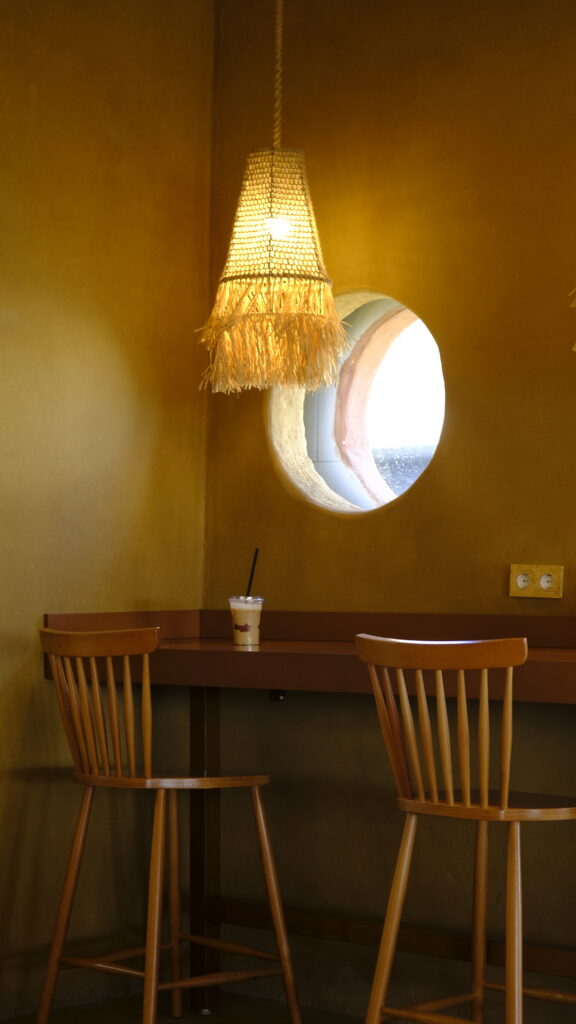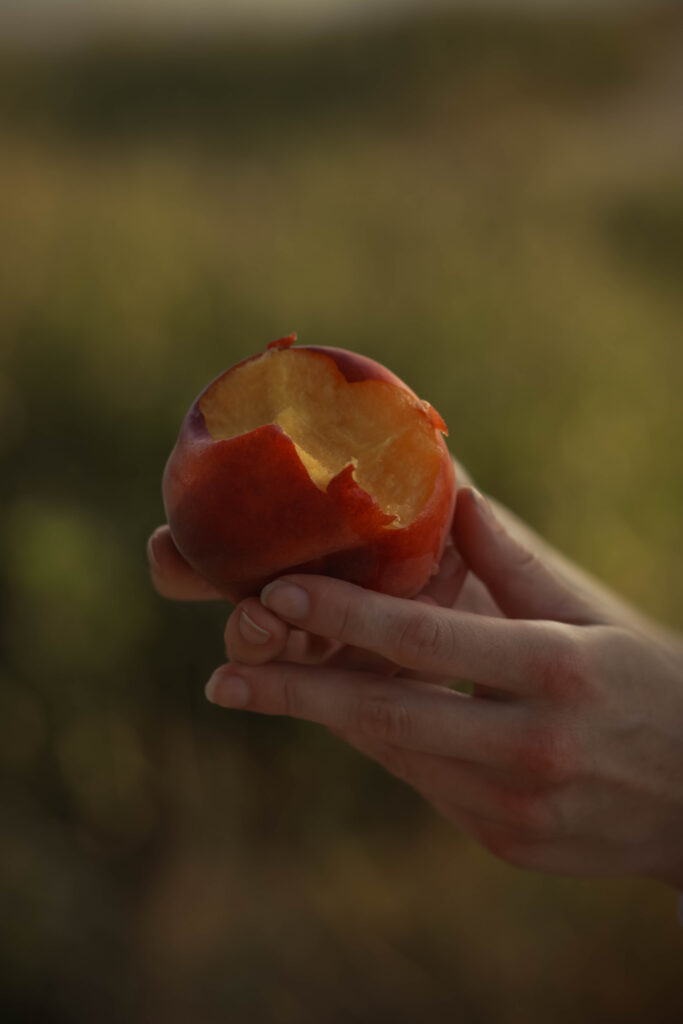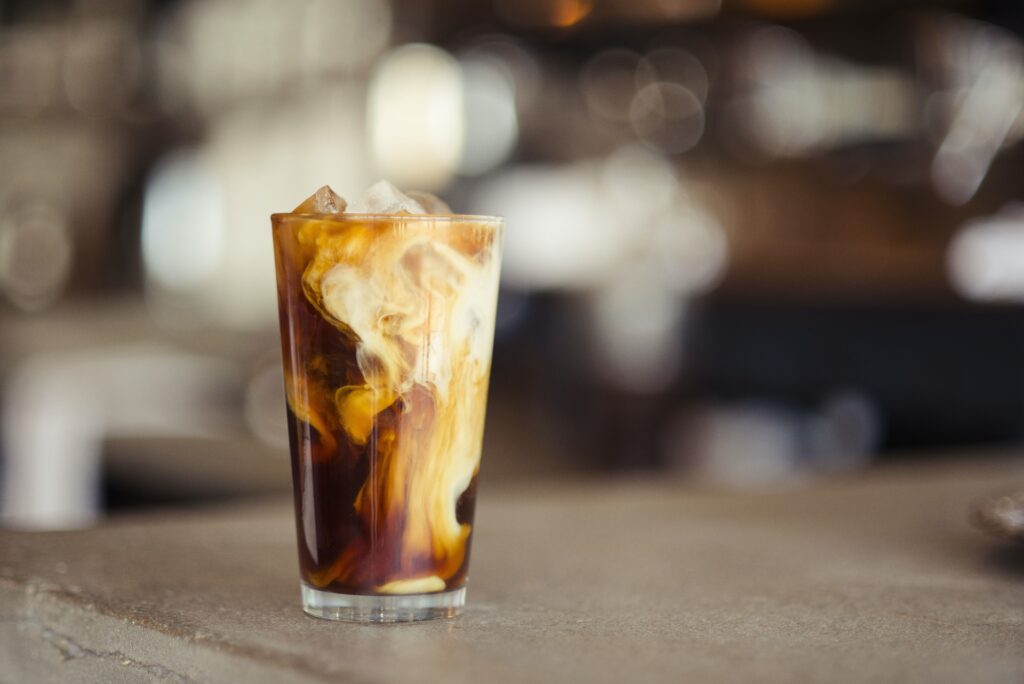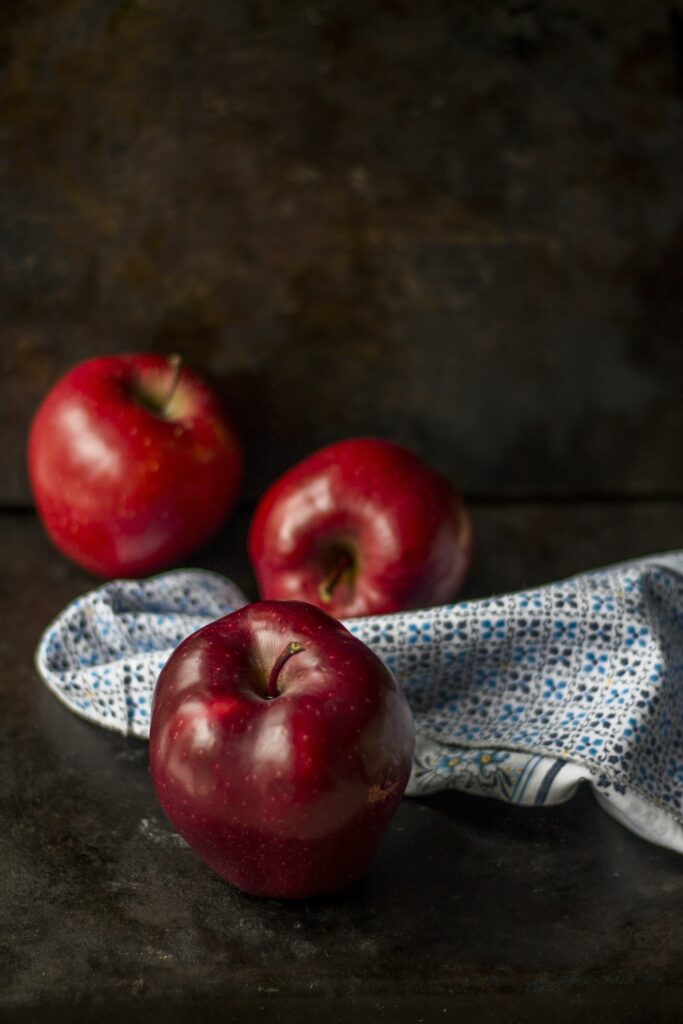Starbucks is currently facing a class-action lawsuit over its Fruit Refresher drinks. The lawsuit alleges that six out of the twelve Refreshers on the Starbucks menu do not actually contain the fruits that are promised or referenced in their names. Plaintiffs Joan Kominis and Jason McAllister claim that they ordered specific Refreshers but were distressed to discover that the drinks did not contain the advertised fruits. Instead, they found that the drinks were a blend of other fruits, water, grape juice concentrate, and sugar. The plaintiffs argue that had they known the drinks did not contain the listed fruits, they would not have ordered them or would have paid less for them. U.S. District Judge John Cronan has allowed nine out of the eleven claims in the lawsuit to move forward, dismissing only two claims. Starbucks has denied these allegations and looks forward to defending itself against the claims.

Starbucks Fruit Refresher Drinks Lawsuit
Lawsuit Allegations
Starbucks is currently facing a class-action lawsuit over its fruit refresher drinks. The lawsuit alleges that several of the Refreshers on the Starbucks menu do not contain the fruits that are promised or referenced in their names. Plaintiffs Joan Kominis and Jason McAllister claim that they ordered specific Refreshers, such as the Strawberry Açaí Lemonade Refresher and the Mango Dragonfruit Refresher, only to discover that they did not contain the advertised fruits. Instead, the drinks are made with a blend of other fruits, water, grape juice concentrate, and sugar.
Plaintiffs’ Claims
In their legal filing, Kominis and McAllister argue that the missing fruit juices are important to consumers because they are considered premium ingredients. They state that customers value these ingredients over cheaper alternatives such as grape juice concentrate. The plaintiffs also claim that had they known the Refreshers did not contain all the fruits listed in their names, they either would not have ordered them or would have paid significantly less for them. The allegations focus on the misleading nature of the product names and the resulting confusion for consumers.

Deceptive Fruit Refreshers Lawsuit
Misleading Product Names
The lawsuit highlights the discrepancy between the names of the Refreshers and the actual ingredients contained in the drinks. Allegedly, the Strawberry Açaí Lemonade Refresher and the Strawberry Açaí Refresher do not contain any açaí, while the Mango Dragonfruit-based Refreshers do not include any mango. Similarly, the Pineapple Passionfruit Refreshers do not contain passionfruit. This disconnect between product names and ingredients forms the basis of the plaintiffs’ claims.
Starbucks’ Defense
Starbucks has denied the allegations made in the lawsuit. The company argues that the names of its Refreshers accurately describe the flavors of the drinks, rather than the specific ingredients. Starbucks claims that customers can obtain information about the fruit content of the Refreshers by engaging with its baristas. The company believes that the lawsuit is without merit and looks forward to defending itself against the claims.

Judge’s Ruling
U.S. District Judge John Cronan has allowed nine of the 11 claims in the lawsuit to proceed. He disagreed with Starbucks’ argument that the names of the Refreshers accurately describe their flavors rather than their ingredients. Judge Cronan ruled that a significant portion of reasonable consumers could find the product names misleading. However, he did dismiss two claims: one alleging that Starbucks intentionally defrauded its customers and another claiming unjust enrichment.
Background on Starbucks’ Refreshers
Introduction of Refreshers
Starbucks introduced its Refreshers line of fruit-and-juice drinks in 2012. The Refreshers were marketed as a global breakthrough beverage innovation that provided a distinctly new take on thirst-quenching refreshment. The drinks offered a natural boost of energy from green coffee extract and real fruit juice. The introduction of Refreshers marked a significant development in Starbucks’ beverage offerings and aimed to cater to customers seeking a refreshing and energizing drink option.
Importance to Starbucks’ Revenue
The Refreshers, along with other cold drinks, have become a crucial part of Starbucks’ revenue. In a Q4 earnings call in November, then-interim CEO Howard Schultz revealed that cold coffee beverages accounted for 76% of total beverage sales in Starbucks’ U.S. stores. This highlights the immense popularity and financial significance of Refreshers in Starbucks’ overall beverage sales. The success of the Refreshers line has contributed significantly to Starbucks’ revenue and solidified its position in the beverage market.

Details of the Lawsuit
Lawsuit Filed in August 2022
The class-action lawsuit against Starbucks was originally filed in August 2022 by plaintiffs Joan Kominis and Jason McAllister. The lawsuit accuses Starbucks of misleading consumers with the product names of its Refreshers drinks. Kominis and McAllister allege that the Refreshers do not contain the fruits that are promised or referenced in their names. They claim that this misrepresentation led to consumer confusion and potentially resulted in financial harm.
Specific Drinks Alleged to be Deceptive
The lawsuit specifically identifies six Refreshers on the Starbucks menu that are alleged to be deceptive in their naming. These drinks include the Strawberry Açaí Lemonade Refresher, Strawberry Açaí Refresher, Mango Dragonfruit Refresher, and Pineapple Passionfruit Refresher. Plaintiffs Kominis and McAllister contend that these Refreshers do not contain the fruits indicated in their names, causing consumers to have misconceptions about the ingredients they are purchasing.
Missing Fruits and Ingredients
According to the plaintiffs, the Refreshers lacking the advertised fruits are instead made with a blend of other fruits, water, grape juice concentrate, and sugar. The absence of the specified fruits, such as açaí, mango, and passionfruit, is seen as deceptive by the plaintiffs. They argue that customers value these premium ingredients and would have made different purchasing decisions or paid less had they known the full composition of the Refreshers.
Consumer Perceptions and Value
The lawsuit emphasizes the importance of clear and accurate product labeling for consumer decision-making. Customers rely on product names and descriptions to make informed purchasing choices. Misleading consumers with product names can ultimately erode trust and negatively impact perceived value. The plaintiffs assert that the Refreshers’ deceptive naming practices not only misled consumers but also devalued their purchasing decisions. They seek to hold Starbucks accountable for their alleged misrepresentation.
Plaintiffs’ Damages
Kominis and McAllister claim damages in excess of $5 million as a result of Starbucks’ alleged deceptive practices. They argue that the misrepresentation of the Refreshers’ ingredients and misleading product names harmed consumers and resulted in financial losses. The plaintiffs seek compensation for the alleged harm they have suffered, including the amount they paid for the Refreshers that did not contain the fruits as advertised.

Starbucks’ Response
Starbucks has firmly denied the allegations made in the lawsuit. The company states that the names of its Refreshers accurately describe the flavors of the drinks, rather than the specific ingredients. Starbucks contends that if customers have any questions or concerns, they can seek clarification from its baristas. The company believes that the lawsuit is inaccurate and without merit and is committed to defending itself against the claims.
Judge’s Opinion
U.S. District Judge John Cronan has allowed nine of the 11 claims in the lawsuit to proceed, signaling his agreement with the plaintiffs’ arguments. Judge Cronan ruled that a significant portion of reasonable consumers could find the product names of the Refreshers misleading. The judge highlighted the lack of information in the product names or advertising that explicitly indicates whether the fruit names represent flavors or ingredients. However, he dismissed two claims, including one alleging intentional fraud and an unjust enrichment claim.
Claims Allowed to Go Forward
The judge’s decision means that the lawsuit will proceed with the claims related to misleading product names and potential consumer confusion. This ruling acknowledges the validity of the plaintiffs’ concerns and indicates a recognition of potential harm caused by inaccurate product labeling. The court’s decision to allow these claims to move forward suggests that Starbucks may have legal liability for the alleged deceptive practices.
Consumer Confusion and Misleading Names
Judge Cronan’s opinion highlights the potential for consumer confusion resulting from misleading product names. The absence of explicit information in the names or advertising of the Refreshers hampers consumers’ ability to determine whether a fruit name represents a flavor or an ingredient. This lack of transparency can lead to incorrect assumptions and misinformed purchasing decisions, potentially harming consumers.
Dismissed Claims
The judge dismissed two claims: one alleging intentional fraud and an unjust enrichment claim. The dismissal of the intentional fraud claim indicates that the court did not find sufficient evidence to support the plaintiffs’ allegations of intentional deception by Starbucks. Similarly, the unjust enrichment claim was deemed repetitive and redundant. While these claims were dismissed, the overall ruling still allows the majority of the plaintiffs’ claims to proceed.
Importance of Refreshers to Starbucks
Introduction of Refreshers
Starbucks introduced its Refreshers drinks in 2012 as a significant innovation in the beverages market. The Refreshers offered a unique take on thirst-quenching refreshment by combining green coffee extract with real fruit juice. This introduction marked a breakthrough for Starbucks and showcased the company’s commitment to providing innovative and refreshing drink options for its customers.
Revenue Contribution
The Refreshers, along with other cold drinks, have become an essential part of Starbucks’ revenue. As stated during a Q4 earnings call, cold coffee beverages accounted for a significant portion of total beverage sales in Starbucks’ U.S. stores. The popularity and financial success of Refreshers have contributed significantly to Starbucks’ overall revenue. The continued success of the Refreshers line is vital for Starbucks to maintain its position in the competitive beverage market.
Potential Impact of Lawsuit
Reputation Damage to Starbucks
The class-action lawsuit has the potential to damage Starbucks’ reputation. Accusations of misleading product names can erode consumer trust, as customers rely on accurate labeling to make informed purchasing decisions. If the allegations prove to be true, Starbucks may face negative consumer sentiment and a loss of confidence in its brand. Additionally, negative media coverage surrounding the lawsuit could further harm Starbucks’ reputation both within the industry and among consumers.
Financial Consequences
If Starbucks is found liable for the alleged deceptive practices, the financial consequences could be significant. The plaintiffs are seeking damages in excess of $5 million, highlighting the potential financial burden that Starbucks may face. Legal fees, potential settlements, and damage awards could adversely affect Starbucks’ financial performance. Moreover, a prolonged legal battle could lead to increased costs and divert resources from other areas of the company.
Product Labeling and Transparency
The lawsuit has drawn attention to the importance of accurate product labeling and transparency. Clear and detailed information about ingredients is crucial for consumers’ understanding and decision-making. Starbucks, along with other companies, may need to reevaluate their labeling practices to ensure that product names align with the ingredients contained in the products. Implementing transparent labeling practices can help rebuild consumer trust and prevent similar lawsuits in the future.
Conclusion
As the lawsuit against Starbucks over its Refreshers drinks proceeds, further developments and legal proceedings are anticipated. The allegations of misleading product names and the potential harm caused to consumers highlight the importance of accurate and transparent labeling. Starbucks’s denial of the allegations indicates an intent to defend itself against the claims. The judge’s ruling, allowing the majority of the plaintiffs’ claims to proceed, underscores the potential legal liability faced by Starbucks. The outcome of this lawsuit could have repercussions for Starbucks’ reputation and financial performance. As consumers await further updates, the importance of truthful labeling remains paramount in the food and beverage industry.
